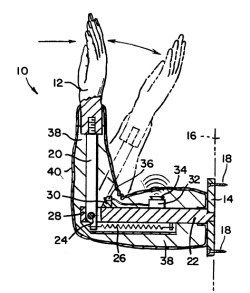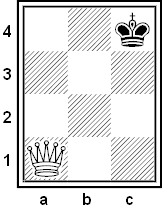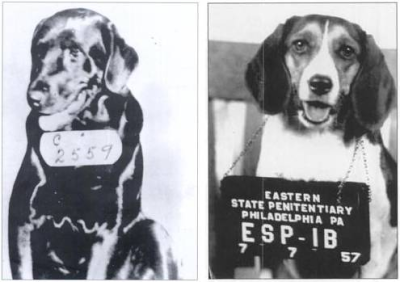Conclusion of a letter from F. Scott Fitzgerald to his 12-year-old daughter Scottie, away at summer camp, Aug. 8, 1933:
Things to worry about:
Worry about courage
Worry about cleanliness
Worry about efficiency
Worry about horsemanship
Things not to worry about:
Don’t worry about popular opinion
Don’t worry about dolls
Don’t worry about the past
Don’t worry about the future
Don’t worry about growing up
Don’t worry about anybody getting ahead of you
Don’t worry about triumph
Don’t worry about failures unless it comes through your own fault
Don’t worry about mosquitoes
Don’t worry about flies
Don’t worry about insects in general
Don’t worry about parents
Don’t worry about boys
Don’t worry about disappointments
Don’t worry about pleasures
Don’t worry about satisfactions
Things to think about:
What am I really aiming at?
How good am I really in comparison to my contemporaries in regard to:
(a) Scholarship
(b) Do I really understand about people and am I able to get along with them?
(c) Am I trying to make my body a useful instrument or am I neglecting it?
“He didn’t want me to have the fun of making my own mistakes,” she wrote later. “He wanted to make them for me.”



